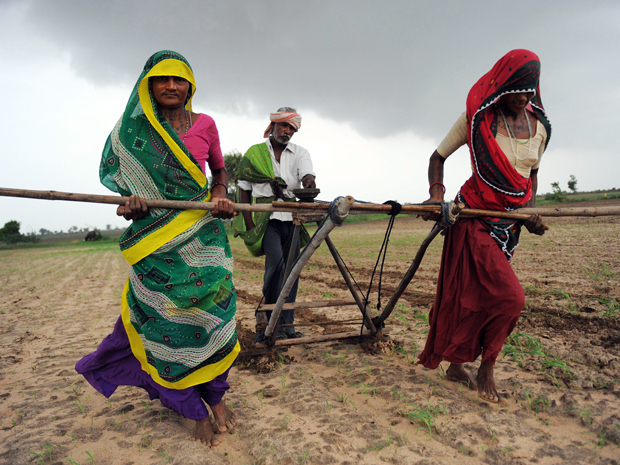Once a recipient of food donations from around the world, Bangladesh has now become a model for reducing food hunger. By supporting small farms and women, the country has reduced the number starving citizens significantly.
A recent UN report outlines how Bangladesh, a South Asian country who was once among the poorest in the world, has turned the corner when it comes to eradicating poverty and hunger – a huge step since the country was rampaged with devastating floods in the 1970’s.
Glenn Denning, a professor at Columbia University’s School of International and Public Affairs in New York and a noted expert in development and nutrition, said in response to the UN report:
“These kinds of successes have demonstrated that if you bring certain things together” – he lists economic growth, improved agricultural productivity, a focus on farmers’ market accessibility, and social safety nets for the most vulnerable – “you can bring hunger down.”
Part of allowing small farmers a say in the country’s agricultural health is an enormous part of Bangladesh’s success; this includes women. This has also helped countries like Ethiopia to improve their hunger statistics.
Mahfuza Rahman, a female farmer interviewed for CSISA-Bangladesh states:
“My husband did not initially really trust my ability but now he is very delighted in seeing my efforts and outcomes.”

